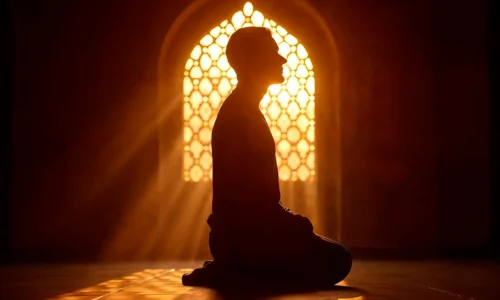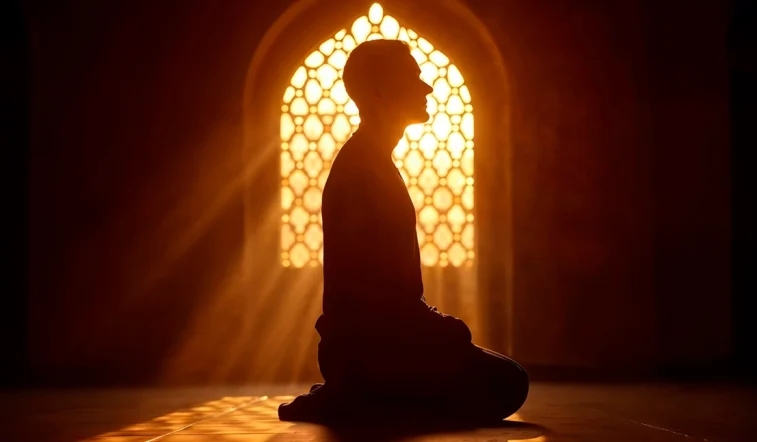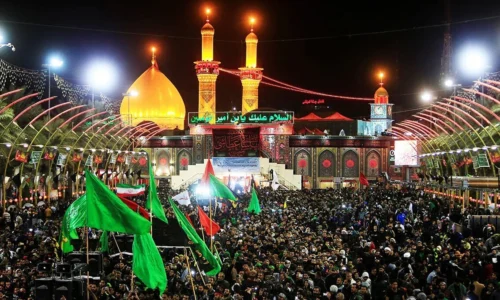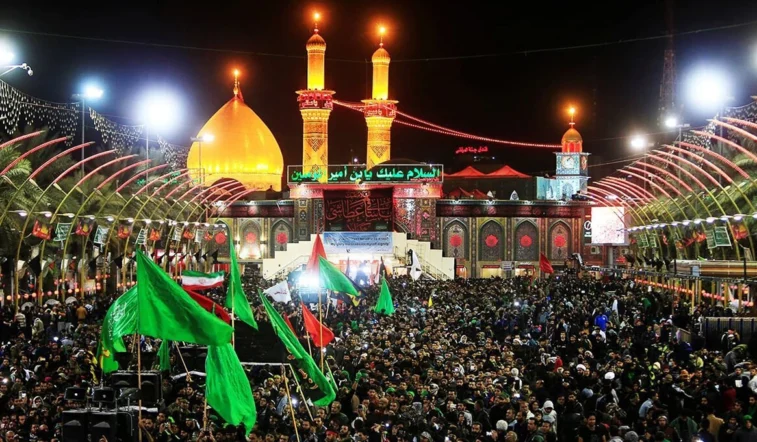The occultation (Ghaybah) of Imam Mahdi (peace be upon him) is not just a moment in eschatological history—it is a living, daily reality that influences the spiritual, moral, and social life of believers and humanity at large. While his return is a future hope, his absence is a present test. It impacts the world not only through the continued presence of injustice but also through a heightened need for self-guidance, patience, and preparation. Here’s how his absence touches humanity every single day:

1. Absence of a Visible Divine Guide
Imam Mahdi is divinely appointed, infallible, and the ultimate source of guidance. Without his open presence:
- Spiritual confusion prevails—people are divided by personal interpretations and lack a central, absolute authority on divine matters.
- Societal leadership becomes vulnerable to corruption and deviation from divine values, with no infallible leader to correct course.
2. The Pursuit of Knowledge
In the Imam’s absence, the responsibility of seeking knowledge becomes more urgent and personal:
- Self-directed learning: Believers must actively seek religious, ethical, and intellectual knowledge to stay aligned with divine principles.
- Scholarly reliance: The burden of interpreting divine law falls on learned scholars (ulama)—but without the Imam’s direct confirmation, interpretations may vary, requiring extra caution and sincerity.
The Prophet (PBUH) said:
“Whoever dies without knowing the Imam of their time, dies the death of ignorance.”
This encourages ongoing study and recognition of the Mahdi, even during occultation.
3. Spiritual Growth
Rather than being a time of loss, the Imam’s occultation is also an opportunity for deep inner refinement:
- Faith without sight: Believers are tested in their loyalty to an Imam they cannot see—developing stronger, more sincere iman (faith).
- Patience and hope: Remaining hopeful through injustice cultivates inner peace, endurance, and resilience.
- Daily preparation: The occultation challenges us to live as if the Imam may return at any moment, purifying our intentions and actions.
4. Moral Guidance
With no open access to the infallible Imam, moral clarity must come from within and from trusted sources rooted in his teachings:
- Ethical uncertainty: Without direct moral rulings from the Imam, many struggle to distinguish right from wrong in complex modern issues.
- Personal responsibility: Individuals are called to study, reflect, and act according to justice, even without direct divine commands.
- Living his message: Being “Mahdavi”—followers of the Mahdi—means carrying his values in daily decisions, speech, and conduct.
5. Injustice and Oppression Persist
The Imam is prophesied to end tyranny. In his absence:
- Corruption thrives: Power is often abused, and moral decay spreads across institutions.
- The oppressed remain vulnerable: There is no absolute divine authority to protect or vindicate them on Earth—for now.
Yet this also strengthens the moral imperative for believers to become protectors of justice in their own spheres.
6. Global Disunity and Fragmentation
The Mahdi’s return is associated with the unification of humanity under truth. Until then:
- The ummah is divided: Sectarianism and disunity plague the Muslim world.
- Global disharmony: Nations and peoples are deeply polarized, lacking a unifying divine vision.
His absence reminds us that unity must begin with each individual’s heart and community.
7. A Test and a Trust
The Ghaybah is not abandonment; it is a divine test and trust:
- Test of loyalty: Will believers remain true without seeing their Imam?
- Trust of action: Will they stand for truth, serve the oppressed, and resist injustice in his name?
Conclusion: Living in the Shadow of Hope
The absence of Imam Mahdi is a silence that speaks loudly—it calls us to think, act, and grow in ways we might not under open divine leadership. It urges self-purification, community building, pursuit of knowledge, and unwavering justice.
Awaiting him is not a passive state—it is a dynamic lifestyle.
“The best act of worship is to await the relief.”
~Imam Ali (a.s.)
We live in anticipation—but more importantly, in preparation. His absence may be a test, but it is also an invitation: to become the kind of world worthy of his return.







